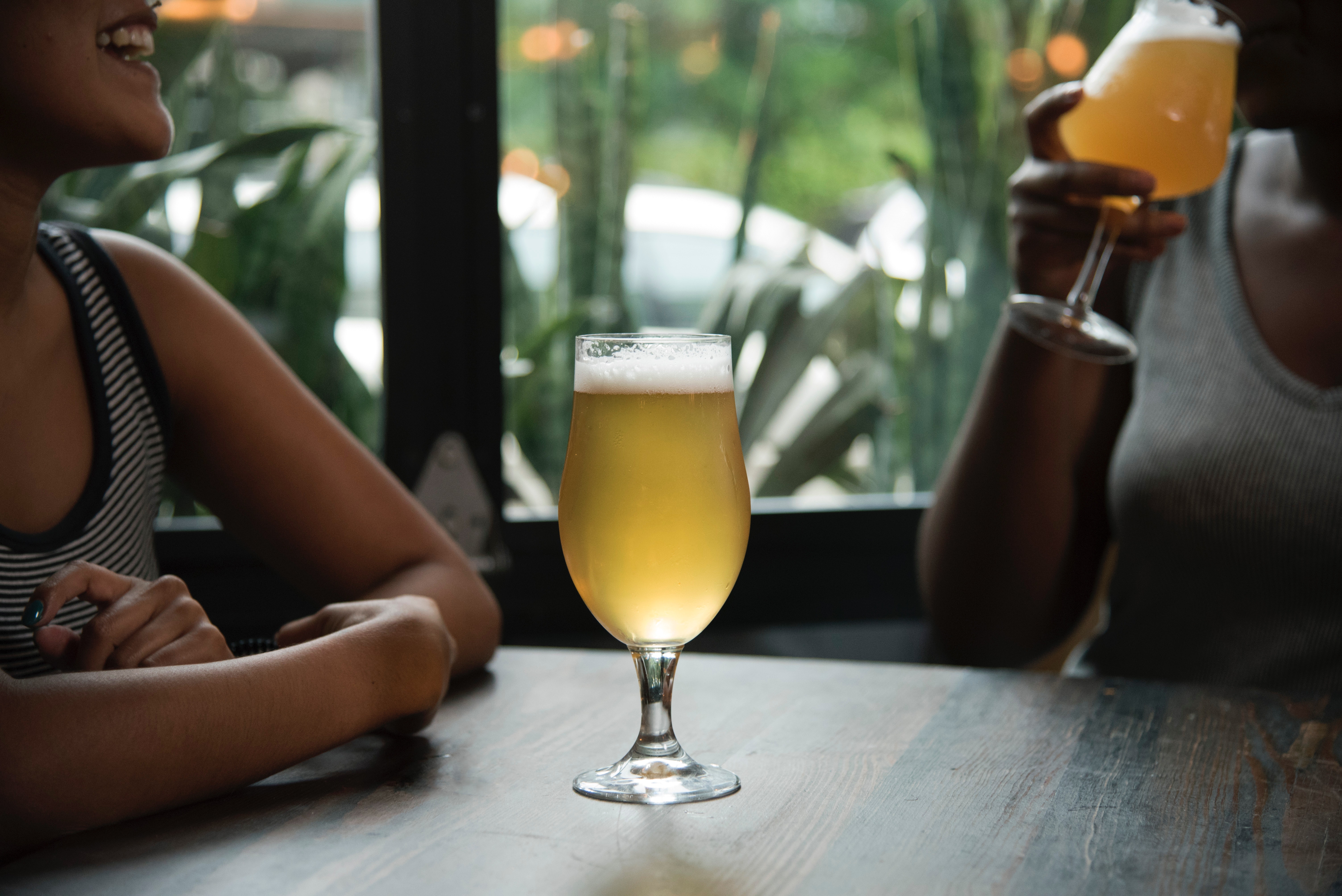By Tine Roycroft
In the past, the fare served in college cafeterias has been the butt of many jokes ~ think gross lumps of gray mashed potatoes slapped next to mystery meat drowned in brown sauce and paired with plastic cups of chocolate pudding. But, thankfully, the days of neon yellow lumps of chewy pasta paraded around as “mac n’ cheese” are long gone.
Thanks to the combined powers of sustainable, local, nutritious food and hard-working students who are out to make the world a better place, more colleges and universities across the nation are signing on for the Real Food Challenge. Worcester’s Clark University has accepted the Challenge and is helping to lead the way to a healthier and more responsible future.
Clark University President David Angel, encouraged by the Clark student group Food Truth, recently signed a pledge that the university will have 20 percent “real food” by 2020. With this pledge, the university will shift cafeteria spending toward more locally produced, sustainably grown, humane and fair-trade foods. Clark University is the 13th school in the nation to sign this pledge and was the first school in Massachusetts.
“I want to thank the students, staff, faculty and our colleagues at Sodexo who have moved the Real Food Challenge forward and enabled Clark to take a leadership role in promoting sustainable food systems,” Angel said.
The Real Food Challenge began as an independent, self-funded program of the Boston-based nonprofit, The Food Project, Inc., and is now affiliated with Third Sector New England, an organization that seeks to expand the reach and effectiveness of community organizations. The mission is to build a healthy, fair and green food economy and, by 2020, to shift $1 billion of annual college food purchases away from industrial agriculture to local, sustainable and fair sources by training and supporting students to lead “real food campaigns” on their campuses.
Heather Vaillette, general manager of Clark Dining Services, operated by Sodexo, began working on the RFC commitment in 2011 by engaging Food Truth members in discussions on what “real food” means. Vaillette and Food Truth also used the Real Food Calculator tool, found on the RFC website, to help analyze purchasing data from the fall 2011 and spring 2012 semesters.
Fear not ~ before 2011, Clark students weren’t subsisting on “questionably real” food like Twinkies or Marshmallow Peeps. But these days, Vaillette and the members of Food Truth are dedicated to finding more opportunities to bring local and organic food into the cafeteria.
“The students involved in Food Truth have been great to work with,” Vaillette said. “Through positive dialogue we have been able to work through any challenges that have arisen during the discovery process.”
Sodexo was awarded the contract at Clark in 2007, and since that time, the company has been committed to a sustainable-dining program. According to Vaillette, local purchasing has always been a priority. But the Real Food Challenge defines “local” slightly differently than Sodexo has for the past six years. While Sodexo considers bread baked within 250 miles as local, for example, the Real Food Challenge does not, as 50 percent of the ingredients are not grown locally.
“Through our two mutually committed parties, Sodexo and the Food Truth group have redefined ‘local’ at Clark according to the Real Food Challenge requirements,” Vaillette said. “However, we will continue to purchase locally baked breads, as this is a better alternative than mass-produced bread. As a compromise, we will create a sustainable purchasing list that will account for products that may not count in the Real Food Calculator but are important in Sodexo’s overall sustainability commitment, such as products produced by local and female- or minority-owned businesses.
“The Real Food Challenge commitment aligns perfectly with Clark Dining’s sustainability program. It provides an opportunity to be a leader in making change and creates clear goals in sustainable purchasing.”
In a state with more than 100 colleges and universities, at this time, Clark University and the University of Massachusetts at Amherst are the only two who have taken on this exciting challenge.
Those interested in bringing the RFC to their campuses can visit realfoodchallenge.org to help analyze a college’s current purchasing data using the Real Food Calculator or learn about the Real Food Campus Commitment and how it can work to better your campus and, ultimately, the world.





